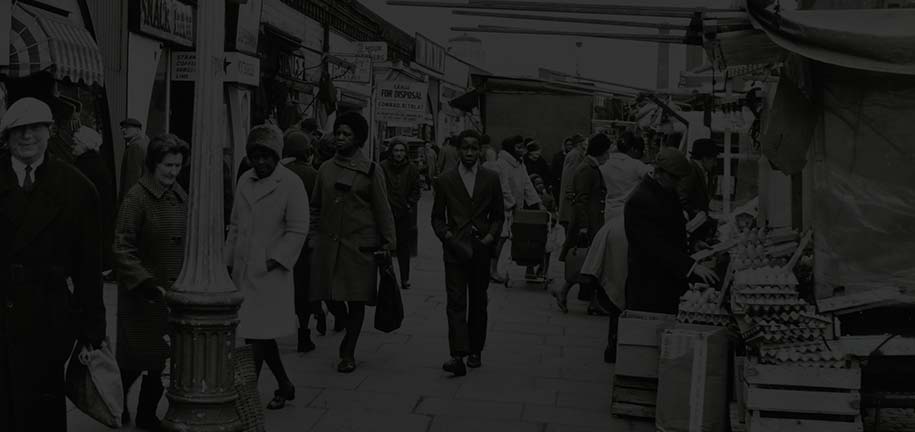The evolution of community medicine: Part 2, The fall of Edwin Chadwick
digital file Colour Sound 1984 28:23

Video not currently available. Get in touch to discuss viewing this film
Summary: The second in an 8-part series of short lectures by Dr Sidney Chave from the London School of Hygiene and Tropical Medicine. The series charts the rise of the Public Health Movement and the different ways this initial reform evolved into community medicine. This lecture deals with the creation of the General Board of Health and appointment of the first Medical Officers in the country. 6 segments.
Title number: 18285
LSA ID: LSA/21442
Description: Segment 1 Opening credits. Dr Chave refers back to part 1 of the series which ended with discussion of the passing of the first Public Health Act in 1848. He goes on to talk about the creation of the General Board of Health and the position of Medical Officer of Health in Liverpool, given to William Henry Duncan. He talks about an epidemic of typhus in Liverpool at this time that killed 1 in 14 of the residents. This was immediately followed by a cholera epidemic. Chave discusses Duncan's efforts to improve housing in the city. Time start: 00:00:00:00 Time end: 00:04:52:08 Length: 00:04:52:08 Segment 2 Chave then talks about John Simon, first Medical Officer of Health of the City of London. He reads from some of Simon's reports that deal with the death rate and water supply. Time start: 00:04:52:08 Time end: 00:10:04:22 Length: 00:05:12:14 Segment 3 Chave continues to read from Simon's writings, on topics such as intramurial burial and housing. Chave goes on to talk about the General Board of Health, staffed by Lord Morpeth, Viscount Ashley and Edwin Chadwick, who was the full-time member of staff. He discusses Chadwick's efforts to improve sanitation and how they antagonised local authorities, doctors and engineers. Time start: 00:10:04:22 Time end: 00:15:30:07 Length: 00:05:25:10 Segment 4 Chave discusses Chadwick's relationship with The Times newspaper (also acrimonious), and how after five years, the Board of Health was dissolved and Chadwick was dismissed. Chave talks about Chadwick's personality and his contribution to public health. Time start: 00:15:30:07 Time end: 00:19:32:08 Length: 00:04:02:01 Segment 6 Chave talks about Simon's efforts to reform local government in London, including appointing forty-eight Medical Officers and improving London's sanitation. Time start: 00:23:53:15 Time end: 00:28:23:24 Length: 00:04:30:09
Credits: Presented by Dr Sidney Chave, London School of Hygiene and Tropical Medicine. produced by John Winn and Paul Wilks and edited by David Crawford.
Further information: This video is one of more than 120 titles, originally broadcast on Channel 7 of the ILEA closed-circuit television network, given to Wellcome Trust from the University of London Audio-Visual Centre shortly after it closed in the late 1980s. Although some of these programmes might now seem rather out-dated, they probably represent the largest and most diversified body of medical video produced in any British university at this time, and give a comprehensive and fascinating view of the state of medical and surgical research and practice in the 1970s and 1980s, thus constituting a contemporary medical-historical archive of great interest. The lectures mostly take place in a small and intimate studio setting and are often face-to-face. The lecturers use a wide variety of resources to illustrate their points, including film clips, slides, graphs, animated diagrams, charts and tables as well as 3-dimensional models and display boards with movable pieces. Some of the lecturers are telegenic while some are clearly less comfortable about being recorded all are experts in their field and show great enthusiasm to share both the latest research and the historical context of their specialist areas.
Keywords: Poor laws; Community Medicine; Community Medicine -- history; Public Health; Physicians; History of Medicine
Locations: United Kingdom; England; London; University of London
Related

Comments